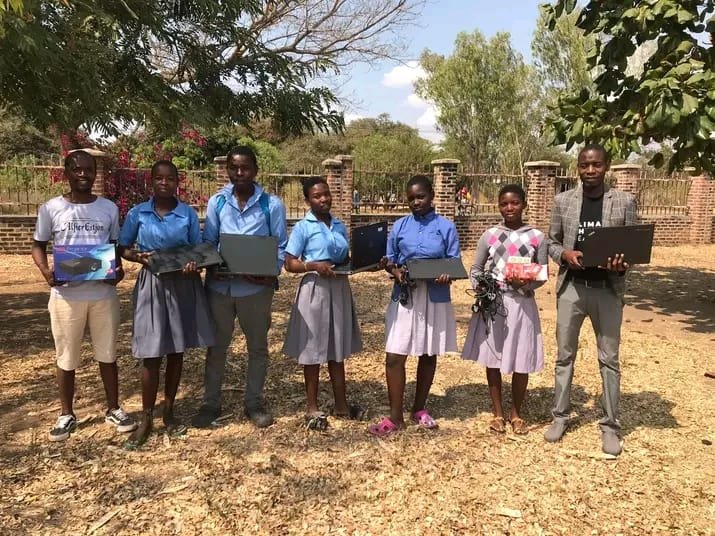Climate change is a global phenomenon that has been affecting many parts of the world, including Kalonga district in Malawi. Over the years, the district has been experiencing a wide range of climatic changes that have had a negative impact on the environment, livelihoods, and the economy of the area. The effects of climate change in Kalonga district have been quite devastating, leading to food shortages, water scarcity, and reduced agricultural productivity.
One of the most significant effects of climate change in Kalonga district is the frequent occurrence of droughts. Droughts have become more frequent and severe, with many farmers losing their crops and livestock. This has led to food shortages and hunger, especially among vulnerable groups such as children, women, and the elderly. The lack of water resources has also led to reduced agricultural productivity and decreased access to clean water for domestic use.
The district has also experienced an increase in temperature, which has led to the drying up of rivers and other water sources. The reduced water resources have led to conflicts among communities over access to water, and this has affected the social fabric of the district. In addition, the rise in temperature has led to increased evaporation rates, which has reduced the soil moisture levels, leading to reduced crop yields.
Climate change has also led to increased occurrences of extreme weather events, such as floods and heavy rainfall, which have caused significant damage to property and infrastructure in the district. This has led to economic losses and increased vulnerability among the affected communities.
To mitigate the effects of climate change in Kalonga district, various organizations, including the Mtuli Foundation, have been working to promote climate-resilient practices such as conservation agriculture, reforestation, and water harvesting. The foundation has been engaging with local communities and promoting awareness about the importance of taking action to mitigate climate change.
One of the ways the Mtuli Foundation has been supporting the district’s efforts to address climate change is by providing laptops to schools, including Mpata CDSS , Maghemo CDSS, Karonga Multi-Career Academy to participate in the 1.5 Max Summit, which is focused on climate change. This initiative is critical as it equips the students with the necessary knowledge and skills to take action to address climate change.
climate change is a critical issue that affects the Kalonga district and many other parts of the world. The Mtuli Foundation’s efforts to promote inclusive education and awareness about the effects of climate change in the district are commendable. Through initiatives such as providing laptops for the 1.5 Max Summit, the foundation is enabling young people to take action towards mitigating climate change and building a more sustainable future.

No responses yet